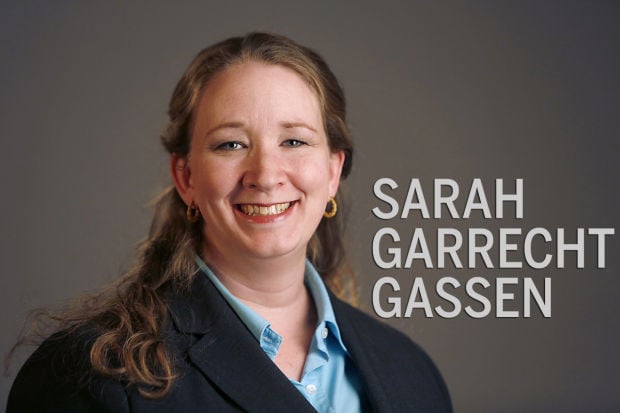“What kind of white are you?”
The question came from a young woman who has a great curiosity and isn’t afraid to ask for an answer. It’s a wonderful quality — one that can open up conversations.
I was with a group of young journalists from across the country who’d been working together to cover Southern Arizona for two weeks. I was the local journalist on the program’s faculty.
We’d gathered on the sidewalk after a lovely dinner. It was one of our last nights together. The mood was a bit goofy and wistful. The realization that our work had been finished and we all must go back to real life was sinking in.
“What kind of white am I?”
An answer came from among the group. I don’t know who said it.
“Very.”
I laugh. We all laugh. It’s true. My paleness is inescapable.
“Do you mean, where is my family from? What is my ancestry?”
Slovakian, German, Dutch, Scottish.
“Oh, that’s just plain old European.”
We kept laughing. Sorry to disappoint with my lack of interesting heritage, but there isn’t much I can do about genealogy.
Her inquiry wasn’t the loaded “Yeah, you were born in Arizona, but what are you, where are you from?” question that people who aren’t white are unfortunately asked by folks who don’t recognize the offensive assumption within their question that “American” means white skin. Or who recognize the offensiveness of the question, but don’t care.
The question “what kind of white are you?” takes on a very different meaning in the days after a racist white gunman murdered nine black congregants in a terrorist attack on a church in Charleston, South Carolina.
The words we use to describe ourselves and each other — white, black, brown — can be loaded with assumptions about culture, viewpoint and who a person is. But pretending that differences in life don’t exist perpetuates the illusion that we all exist in the world in the same way, that our own personal experience is what’s normal.
About six weeks ago, my desk phone rang and the man on the other end introduced himself as a senior citizen. This happens with some regularity — callers identifying themselves by their decades on the planet instead of by name.
He informed me that racism is over. Done. So why do you people keep talking about race and the police shooting black people. The person’s race doesn’t matter. There used to be racism, but not now.
His proof? How can there be racism when we have a black president? It’s over.
The caller wants me to know that racism is over and people like me need to just shut up about it. It’s talking about it all the time that makes people think there’s racism. Because there’s not.
I wish that were true, I say. But you just have to look around to see that it’s not. Ignoring racism doesn’t make it go away. The world is different and better in many ways than it used to be, true, but that doesn’t make it all better now.
That’s because you all just keep talking about it, he said. If you all didn’t talk about it so much, it would just go back to normal and be fine.
Talking about race causes racism, he said. That’s the problem.
He was sincere.
He’s also tragically wrong.





